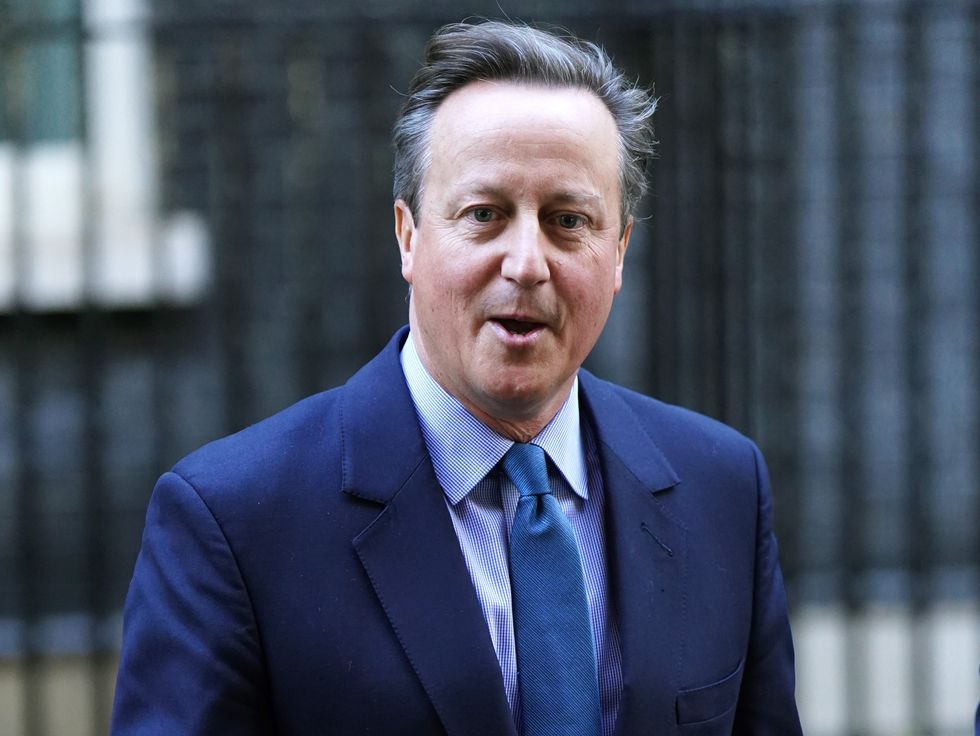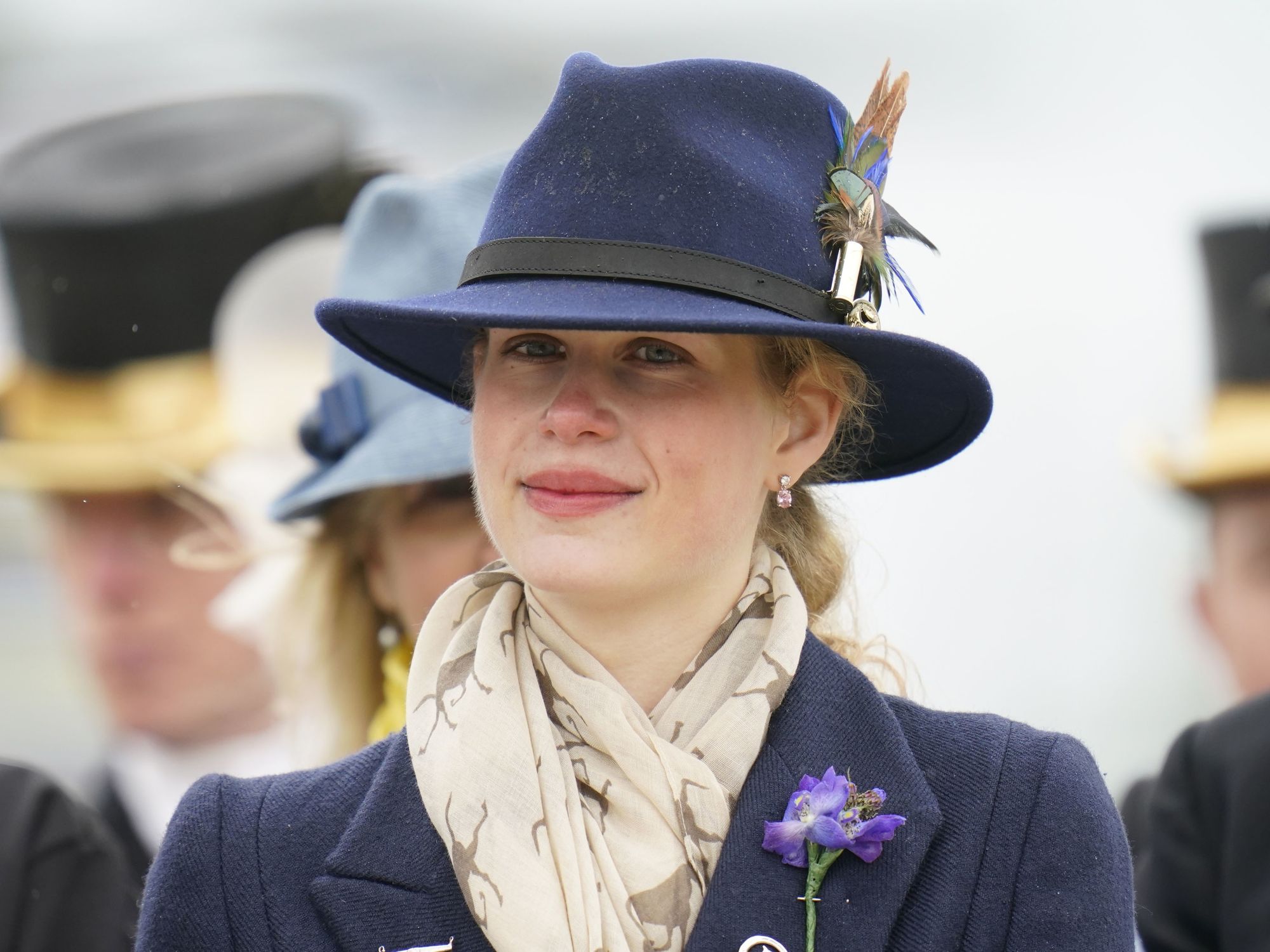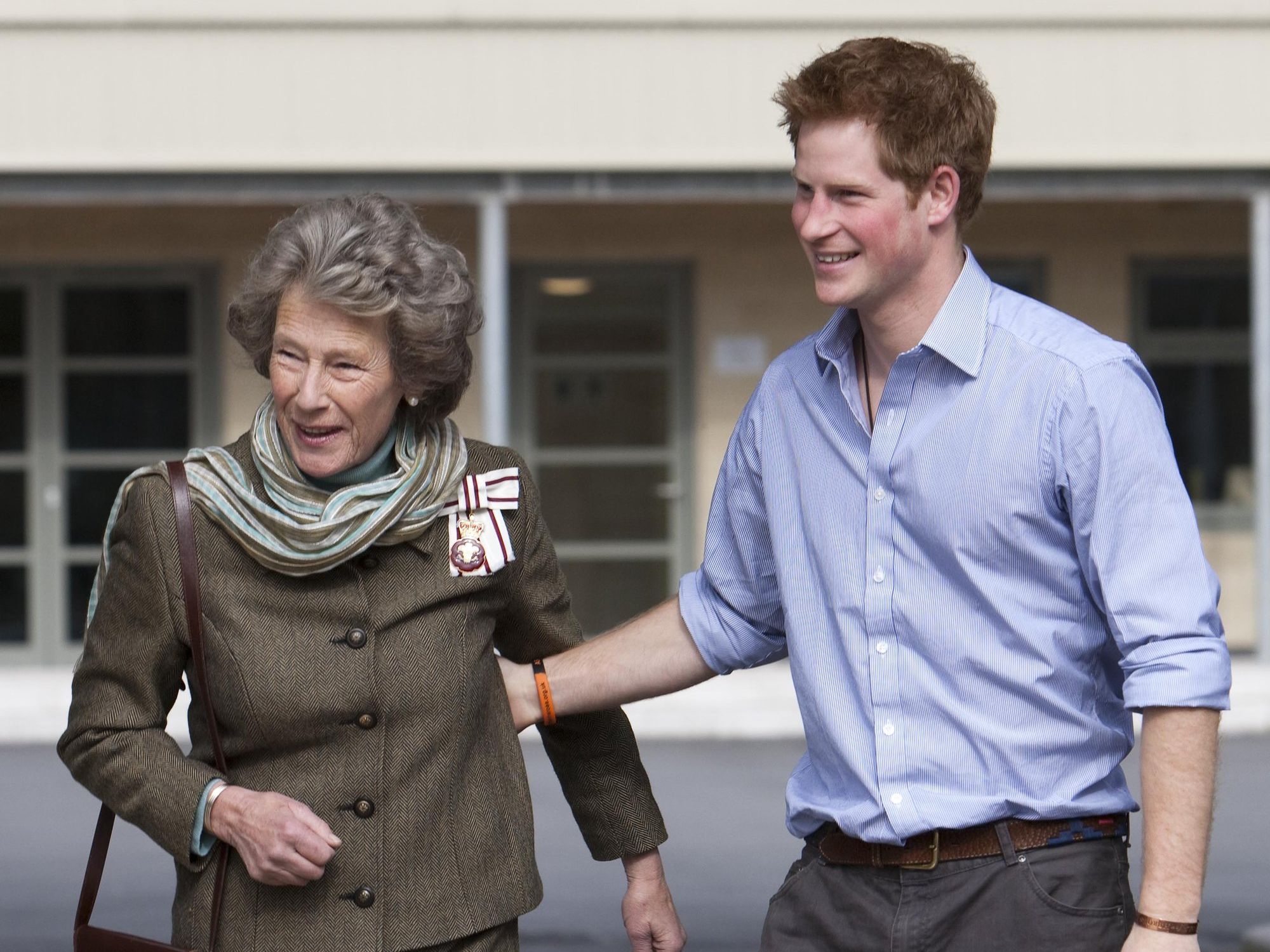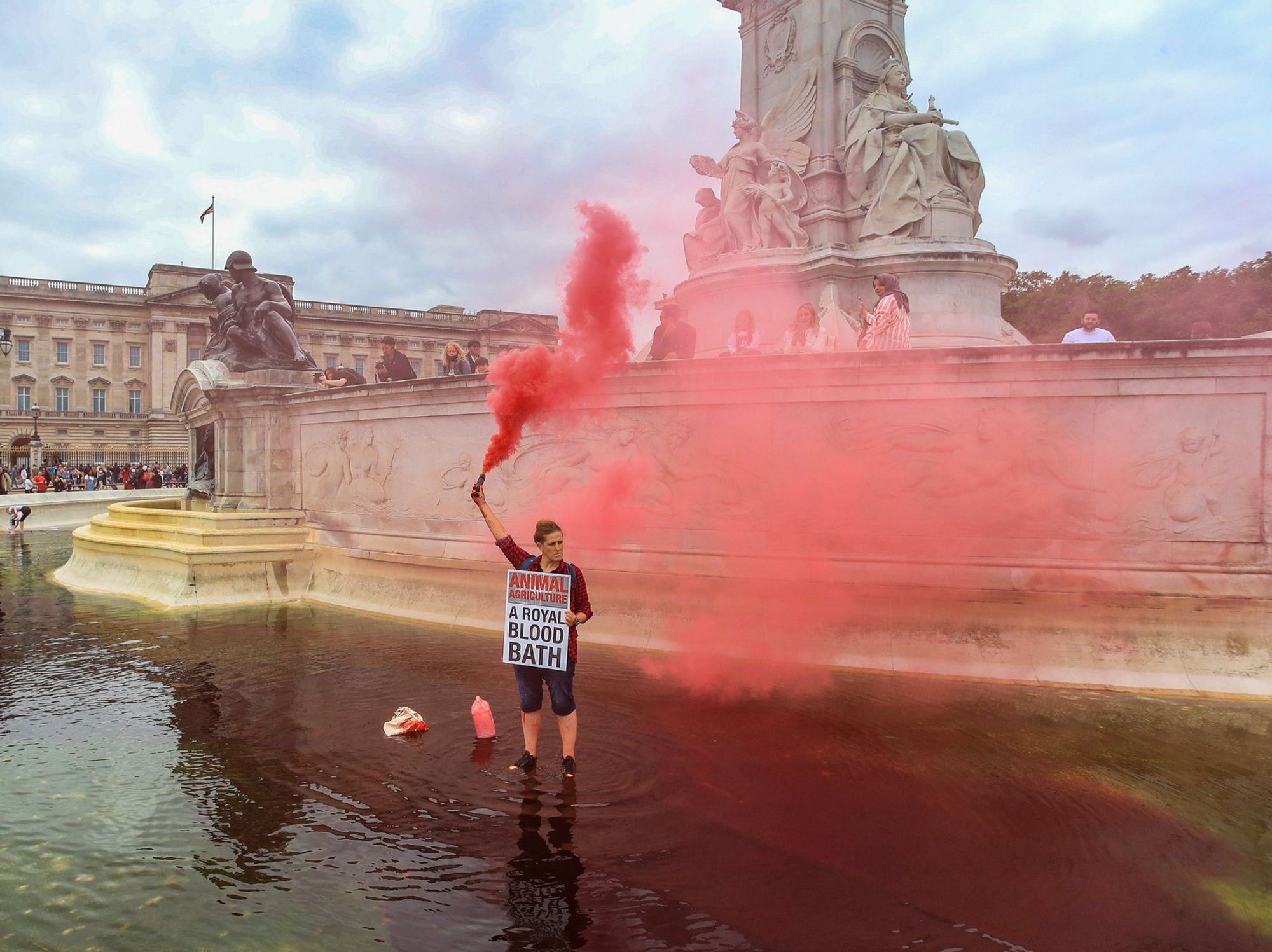David Cameron is back... and even if Starmer becomes PM he won't be going anywhere, says Nigel Nelson


'David Cameron once suggested an elected element of the House of Lords before deciding it was best to leave well alone'
Don't Miss
Most Read
When Lord Carrington resigned as Foreign Secretary on April 5, 1982 for failing to clock that Argentina was about to invade the Falklands, it seemed unlikely we would ever see another in the House of Lords. Certainly not something to bet money on.
That’s why David Cameron’s appointment to the role along with a fast track baronetcy took everyone by surprise, the most gobsmacking coupling since John Major’s dalliance with Edwina Currie.
All the talk since the 1980s has been about reform of the Lords. Even Keir Starmer is minded to abolish peers. Putting a Cabinet minister there has now given the Upper House a refreshed legitimacy.
There will be those who grumble that having an unelected ex-MP (albeit one who is an ex-PM) in one of the great offices of state is undemocratic. And so it is. But bear in mind who appointed him. Rishi Sunak became PM without a single vote being cast.

David Cameron was appointed the new Foreign Secretary in a surprising move by Rishi Sunak
| PACommons Speaker Lindsay Hoyle certainly isn’t happy about a Foreign Secretary who can never be questioned by MPs.
But down the road there is also the democratic corrective of a General Election. If voters don’t like unelected people bossing them around they can always throw them out and put in a new lot with a proper mandate to govern.
Once the dust has settled on this reshuffle, and the Tory right has had their fill of moaning about losing Suella Braverman and Brexiteers have finished complaining at a Remainer heading up the Foreign Office, the political conversation will move towards the future of the Lords and whether it has one.
The answer to that is most probably yes. Each time reform has been mooted it has been abandoned because of what it might bring about. It was David Cameron himself who once suggested an elected element before deciding it was best to leave well alone.
My guess is Keir Starmer will follow his example if he becomes PM and kick the whole question of the Lords into the long grass.
Tony Blair wanted to scrap the 800 hereditary peers sitting in Parliament because it gave the second chamber an inbuilt Tory majority. But in the end he kept a rump of 92 of them in place.
That was because the monarchy is also hereditary so scrapping the principle could have threatened the status of the Sovereign. Nothing Sir Tone did made the place any more accountable.
I sometimes daydream about a dictator such as North Korea’s Kim Jong-un tapping me on the shoulder to say: “I’m done with dictating, Nige. Please help me create a democracy.”
If I was starting a new Parliament from scratch there would be no House of Lords in it. No clergy sitting as right as legislators as they do in Iran. Which means the 26 Church of England bishops now in Parliament would have to go. Everyone who makes the laws in my emerging democracy would need to be elected.
But the UK is not an emerging democracy. It is a democracy which has emerged over 800 years. And we tinker with the unwritten British constitution at our peril. Take one brick out of the wall and there is a danger the whole edifice may come tumbling down.
America and France became secular states through violent revolution. Our brief flirtation with a republic ended with Oliver Cromwell and we have been mercifully spared any reigns of terror since.
A 1999 Royal Commission into rejigging the Lords chaired by Tory grandee John Wakeham recognised how crazy it seems to include bishops. But Wakeham warned of “unpredictable consequences” if they were chucked out.
It might mean Church and State separating which would remove the King as head of the Church of England, a key plank of our constitutional monarchy.
And Wakeham wondered if that would turn thoughts towards republicanism and the abolition of the monarchy altogether, a case of throwing the baby out with the Bishop of Bath and Wells’ holy water.
Our Parliamentary system may appear a bit weird to outsiders but it seems to work. And life peers, once you ignore the Tory donors among them, are often those who have reached the top of their professions bringing with them an expertise to scrutinise and improve legislation not available in the Commons.
And if politicians start messing about with all this our whole system of governance could go peer-shaped.










